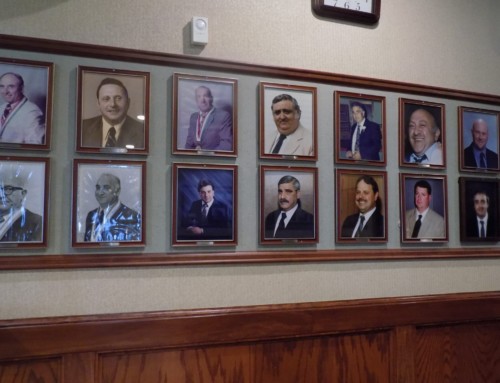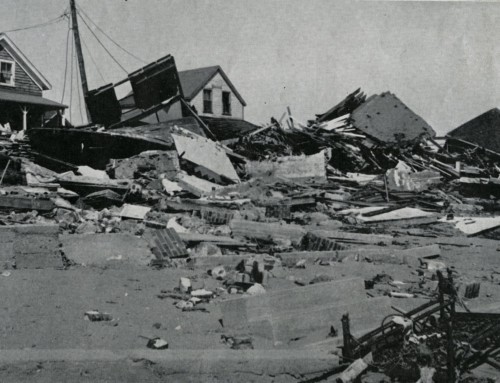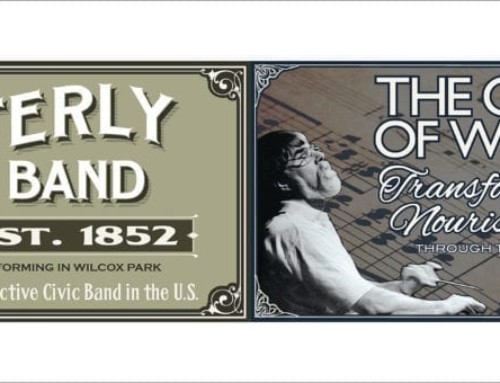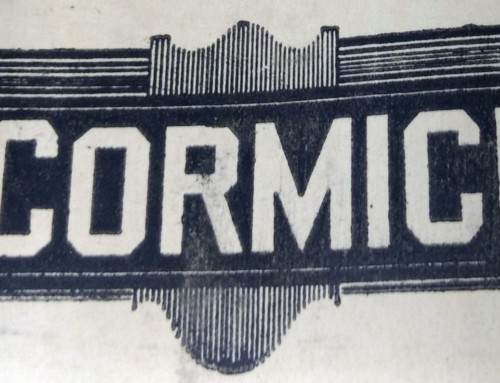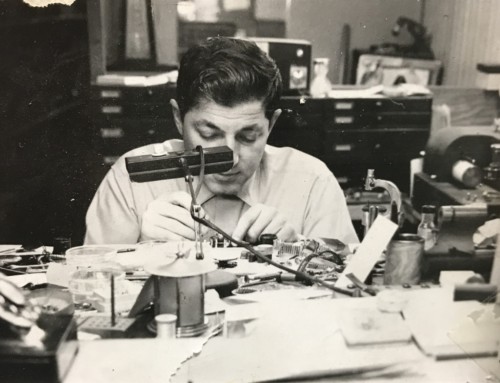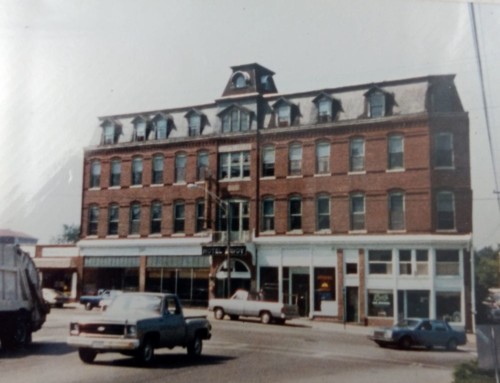American history is full of stories about great men and women who became our nation’s heroes and many of them have had famous quotes. Certainly Captain Nathan Hale’s quote “I regret I have but one life to give for my country” is the one I remember most. Captain Hale was captured by the British in the Revolutionary War and as he stood on the gallows before being hanged he made the famous statement.
There are lots of other examples, “The price of freedom is eternal vigilance” by Thomas Jefferson or “Give me liberty or give me death” by Patrick Henry. How about Commander Oliver Hazard Perry’s quote, “We have met the enemy and they are ours” or George S. Patton’s “Lead me, follow me, or get the hell out of my way.”
In the War of 1812 Captain James Lawrence, though mortally wounded, uttered the words to his crew “Don’t give up the ship”. We have John Paul Jones who in a battle in 1779 when asked by a British captain if he was ready to surrender his ship replied: “I have not yet begun to fight.”
I started to wonder if there were any historic quotes from a Rhode Island hero and there sure are. They come from Captain Abraham Whipple, his quote of “Sir, always catch a man before you hang him” although not that well known is great none the less.
It was said in reference to the burning of the HMS Gaspee which is considered the first British ship to be sunk in the Revolutionary War. In 1772, at the time of what’s now known as “The Gaspee Affair”, he was working in Providence as a merchant sea captain for John and Moses Brown.
“The Gaspee Affair” started in 1764 when the British stationed armed naval ships in American harbors to try and eliminate smuggling and collect taxes. The naval officers on these enforcement ships had complete authority to board, inspect and confiscate colonial vessels and their cargoes. This authority was often abused. The British also had general warrants which allowed His Majesty’s officers to enter any place in the American colonies to search for illegal goods without probable cause. This practice later led to the creation of the Fourth Amendment to the Constitution against illegal search and seizure.
The enforcement ships and their arrogant commanders angered many colonists and led to a series of confrontations and protests. This came to a head in 1772 with the deployment of the British enforcement ship Gaspee to Narragansett Bay. The commander was Lieutenant Dudingston who aggressively harassed shipping and plundered people on shore without a warrant.
He was so hated that Rhode Island Governor Joseph Wanton complained to the British authorities but was informed that Dudingston was protecting them from pirates. The governor replied that he didn’t know whether Dudingston was protecting them from pirates or was a pirate himself.
On June 10, 1772 the packet ship Hannah left Newport bound for Providence under the command of Captain Benjamin Lindsey. It wasn’t long before Lindsey spotted the Gaspee who had set out in hot pursuit. Lieutenant Dudingston fired a shot across the bow of the Hannah but Captain Lindsey ignored the warning determined to escape.
The little packet was a fast ship and the Gaspee wasn’t able to overtake her. About seven miles from Providence Dudingston decided to try and cut the corner at Namquid Point in Pawtuxet but there wasn’t enough water and the Gaspee ran aground. The Hannah continued on to Providence where Lindsey informed John Nicholas Brown, a prominent merchant, that the hated Gaspee was aground and helpless until the next high tide.
Brown immediately resolved on her destruction. He gathered some ship captains including Captain John B. Hopkins and Captain Abraham Whipple and about 50 volunteers. The group collected weapons and eight of the largest longboats in the harbor. They muffled the boat’s oars to keep them quiet so they could sneak up on the Gaspee.
Setting off for the ship they were spotted by the Gaspee’s sentry who hailed them and asked their business. Hearing the shouting Captain Dudingston came out on deck and called out “Who goes there?” Captain Whipple answered “I am sheriff of the county of Kent, God damn you, I have a warrant to apprehend you. God damn you, so surrender, God damn you.”
Shots were fired and Dudingston was wounded. The longboats pulled alongside the ship, Whipple and his crew boarded her and a vicious hand to hand struggle ensued ending with the capture of the vessel.
Whipple ordered Dudingston’s wound to be dressed and then sent him and the Gaspee’s crew ashore. Whipple then led his crew to set the Gaspee on fire. As they watched from the longboats the Gaspee’s powder magazine ignited with a terrific explosion blowing up the ship, by dawn there was nothing left of her.
The Gaspee affair outraged the British and King George. King George charged a commission to find out who was responsible and offered a five thousand dollar reward (a fortune at that time) for information leading to the arrest of the ringleaders.
Rhode Island Governor Joseph Wanton, under British pressure, issued a proclamation offering another reward to anyone with information on who the perpetrators were and even though everyone knew, no one came forward.
Two years after the destruction of the Gaspee, British Captain Sir James Wallace found out that Captain Whipple was the leader of the attack and he threatened Captain Whipple with execution by hanging. “You Abraham Whipple on June 10, 1772, burned his majesty’s vessel the Gaspee and I will hang you at the yard-arm!” Captain Whipple responded with, “Sir, always catch a man before you hang him.”
The statement summed up the angry feelings the colonists had toward the British and helped contribute to the Declaration of Independence and the Revolutionary War. Captain Whipple went on to become a hero of the Revolutionary War and was granted a pension for his distinguished service in helping to win America’s independence. Later he went out west and became a pioneer of the American frontier. He helped found Marietta, Ohio, where he was buried in 1819.
Namquid Point, where Captain Whipple and his men burned the Gaspee, was renamed Gaspee Point and was added to the National Register of Historic Places in 1972. There’s a trail leading out to Gaspee point accessed from Namquid Drive in Warwick. Every year the village of Pawtuxet celebrates “The Gaspee Affair” with an entire week of events in June culminating with a parade and reenactment of the burning of the Gaspee. For more information on the events contact the Gaspee Days Committee at www.gaspee.com.



